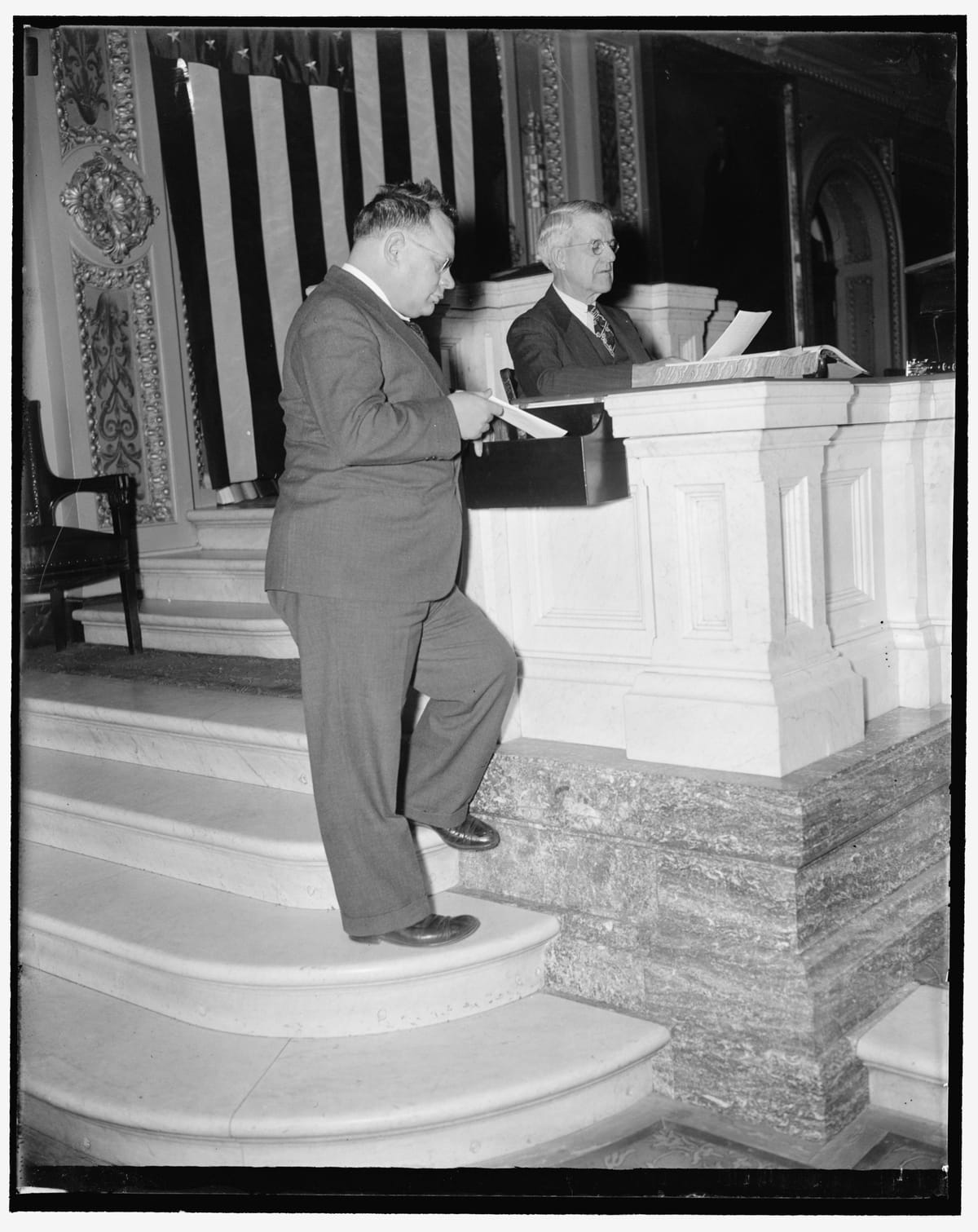One of the Most Overlooked Powers Our Politicians Have

When it comes to policy and politics, there's another 'p' word that shapes nearly everything: power.
And there's one vital measure of power that easily gets overlooked, but has outsized influence: the power to get stuff done. Specifically, the power to take a flimsy little bill and make it the law of the land.
Last Congress, 19,315 bills were introduced on every issue under the sun. And 614 of those were enacted (fancy speak for "became law.") That's a pencil-thin 3%.
Introducing a bill is easy, any politician can do it. In fact, one House member introduced 612 last Congress. What's harder is getting a bill passed.
So if you ever hear a politician say, "I've got a bill to address such-and-such problem" the question to ask is, "But what's your plan to get it passed?"
We each have three Members of Congress: two Senators and one House Representative (find out who they are here). It's invaluable to know their productivity power.
Click here to find out how many bills your House member (also known as your Representative) has introduced. Click here to find out how many bills your Senators have introduced.
Congressman Joe Neguse from Colorado introduced 108 bills, more bills than any other House member save for two. But he also got eight bills passed, more than any other House member save for one; his batting average of 7.4% is higher than Congress' of 3%.
Over in the Senate, Michigan's own Senator Gary Peters introduced 164 bills - more bills than any other Senator save for one - and got 24 signed into law, the highest of the U.S. Senate. That's a 15% batting average.
But the takeaway isn't that more bills introduced means more bills passed. Former Rep Katie Porter introduced 85 bills - more than any other member save for three -and got zero passed.
The takeaway is that the more we know about our politicians' productivity power, the more we know how serious they are about making the laws we live under.
A few things of note:
- If a politician is in the minority, getting bills passed is a much steeper hill to climb. It's like swimming with rocks in your Speedo. You could look to see how productive they are during a session when their party was in power
- If a politician doesn't sit on the committee that oversees their bill's issue, they may have to do some horse trading to get the committee to look at their bill. If you want to kick it to the 301 level, choose a bill one of your politicians has gotten signed into law and see if they were on the committee of jurisdiction. If they weren't, that's a sign they've probably got some real productivity juice.
- Getting bills passed is far from the only power politicians have. They can shine attention on an issue, make asks of the President and his cabinet, introduce bills that likely won't pass, but socialize other politicians and the public to an issue, and more.
So if there's an issue you care about, and a few of your politicians might be good on it, why not start with the one who gets the most stuff done.
